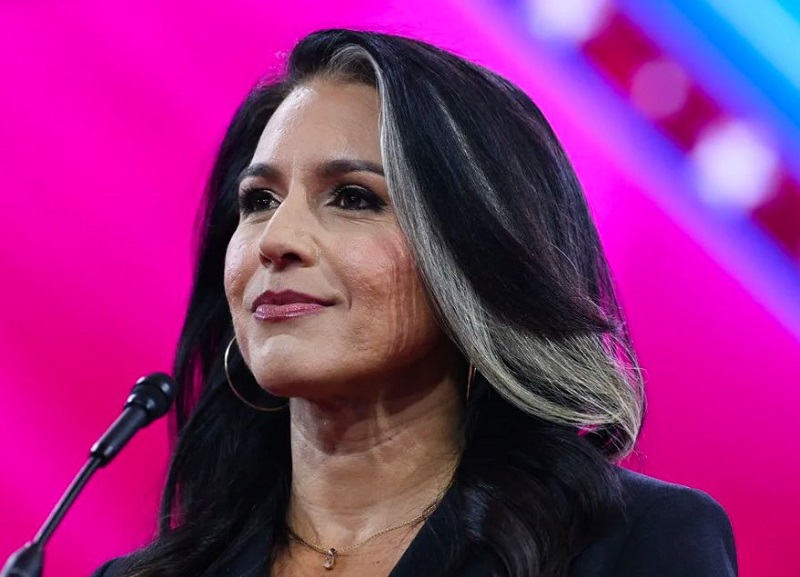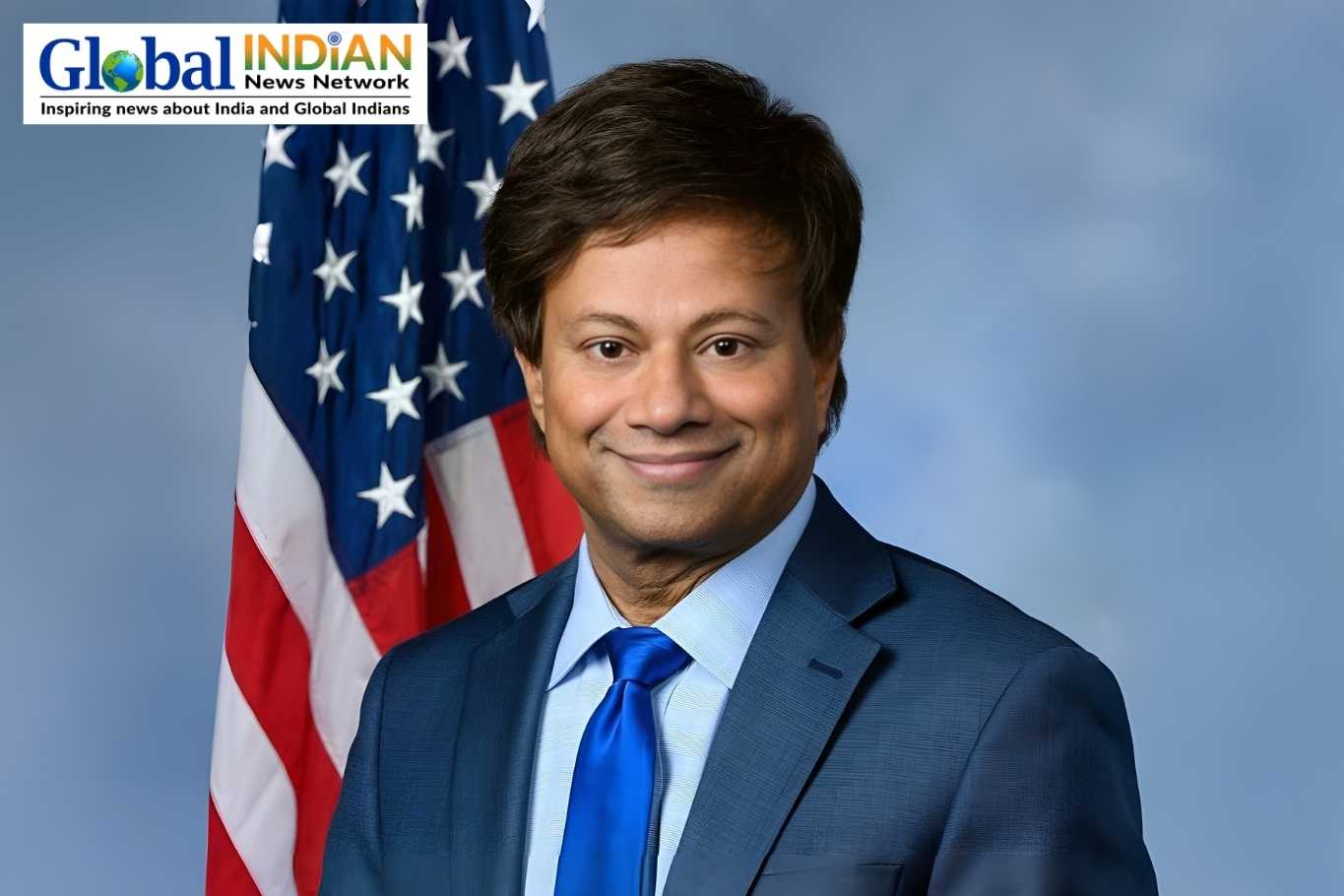
Tulsi Gabbard, former congresswoman from Hawaii, has been nominated by Donald Trump as the Director of National Intelligence, a move that has triggered considerable backlash. The role entails oversight of 18 spy agencies, delivering intelligence briefings to the president, and advising the White House. Mouaz Moustafa, who leads the Syrian Emergency Task Force, has expressed deep concern over her connections with former Syrian dictator Bashar al-Assad and her controversial views on U.S. foreign policy.
Moustafa recounted various interactions with Gabbard since 2014, describing her as “misinformed” and skeptical of Assad’s involvement in atrocities. He pointed to her 2017 trip to Syria, where she met with Assad under questionable circumstances and without U.S. government approval. Her association with pro-Assad entities, including members of the Syrian Social Nationalist Party, has raised alarms.
Gabbard has drawn criticism for comments that align with narratives pushed by adversarial nations, such as Russia. While she served as a Democratic congresswoman, she emerged as a strong Trump supporter and remains a critic of mainstream U.S. foreign policy. If confirmed, she would be the first Hindu cabinet member and the first to hold this intelligence role.
Critics like Moustafa worry about the global implications of her nomination. He stated that allies like the UK, France, and Australia might reconsider sharing intelligence with the U.S. should Gabbard take charge. He also urged senators to question her defense of Assad and her claims about the U.S. military training ISIS during the confirmation hearings.
Gabbard’s controversial history makes her one of Trump’s most debated nominees, with significant questions surrounding her alignment with U.S. strategic interests.











